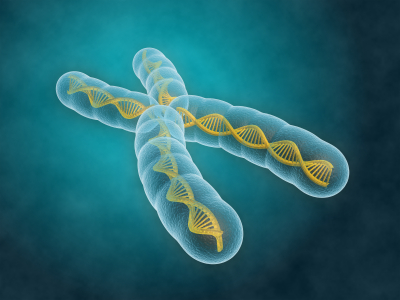Gene Mutation Induces Bipolar-Like Symptoms
A mutation in a gene related to circadian rhythms may help explain bipolar disorder. Animals with a mutation in the gene, known as CLOCK, typically exhibit behaviors that mimic human mania, such as increased locomotor activity and decreased anxiety.
Stress can lead to depression in bipolar patients, so researcher Nicole Edgar et al. exposed animals with the mutated “manic” version of the CLOCK gene to unpredictable chronic mild stress. The stress brought about decreased locomotor activity and increased anxiety, mimicking a switch into depression. These data suggest that alterations in CLOCK genes may provide a useful model for both mania and depression.
The research was presented at the 2013 meeting of the Society of Biological Psychiatry, and the abstract (#471) can be found in the meeting supplement, Volume 73, Number 9S of the journal Biological Psychiatry.
In another abstract (#472) at the same meeting, researcher Wilbur Williams et al. reported that alterations in related clock genes (that result in decreases in the proteins CRY-1 and SIRT1) are associated with manic-like behavior that could be reversed using lithium. These data further suggest that clock genes may provide a useful model for bipolar disorder.


